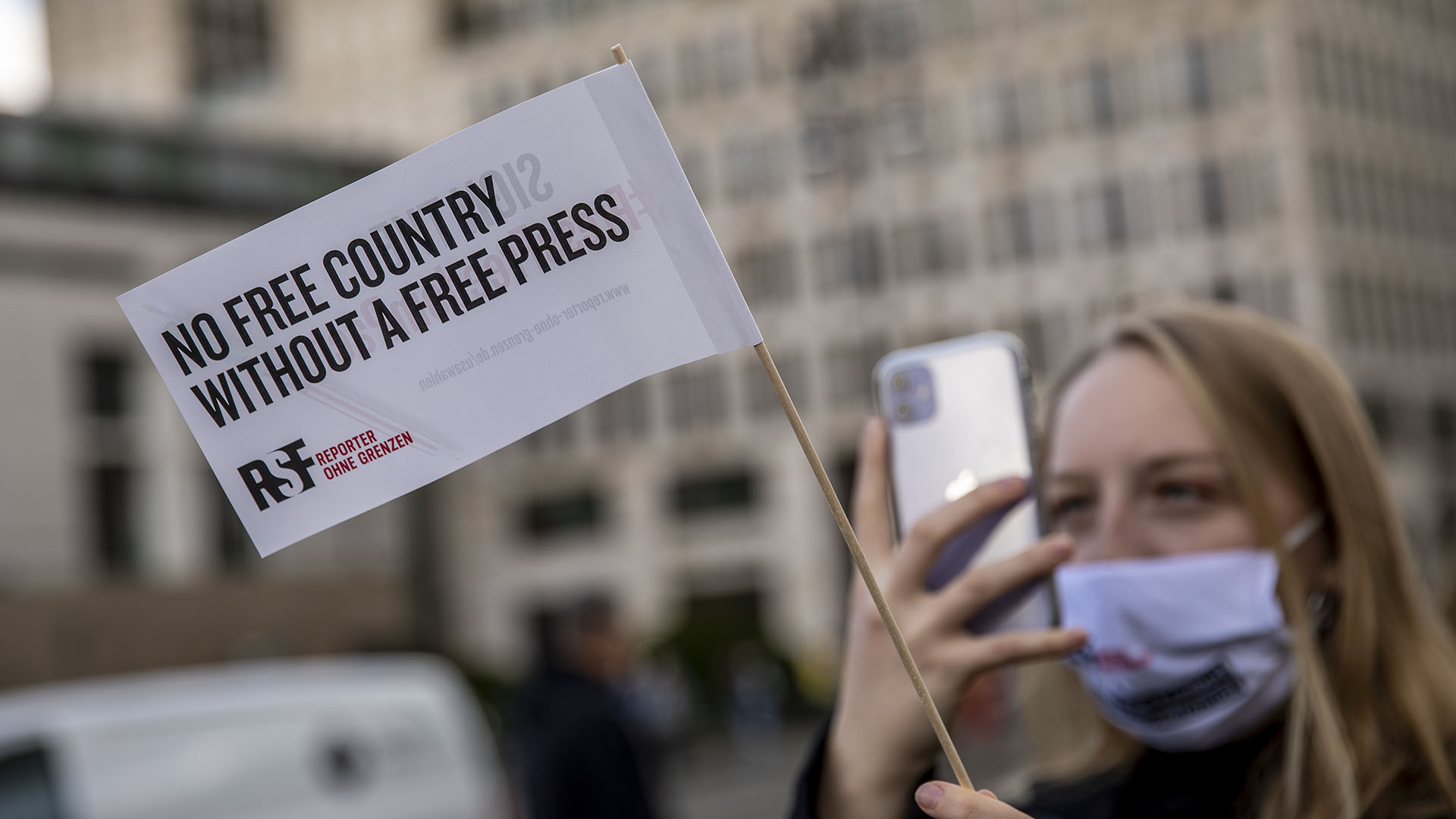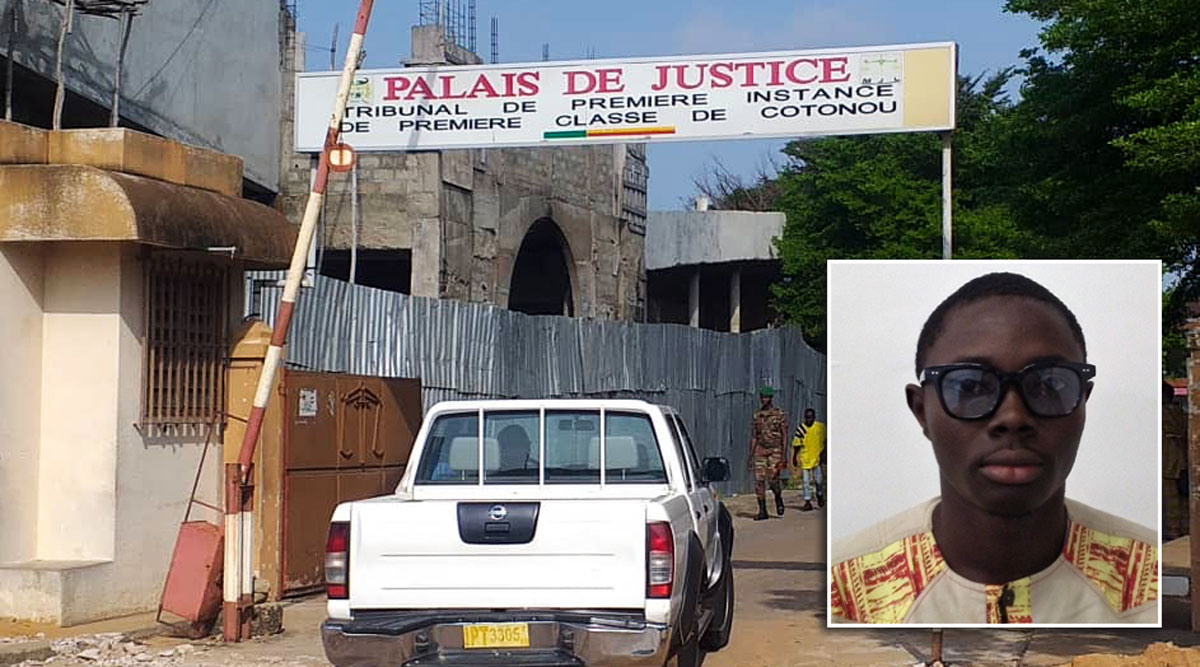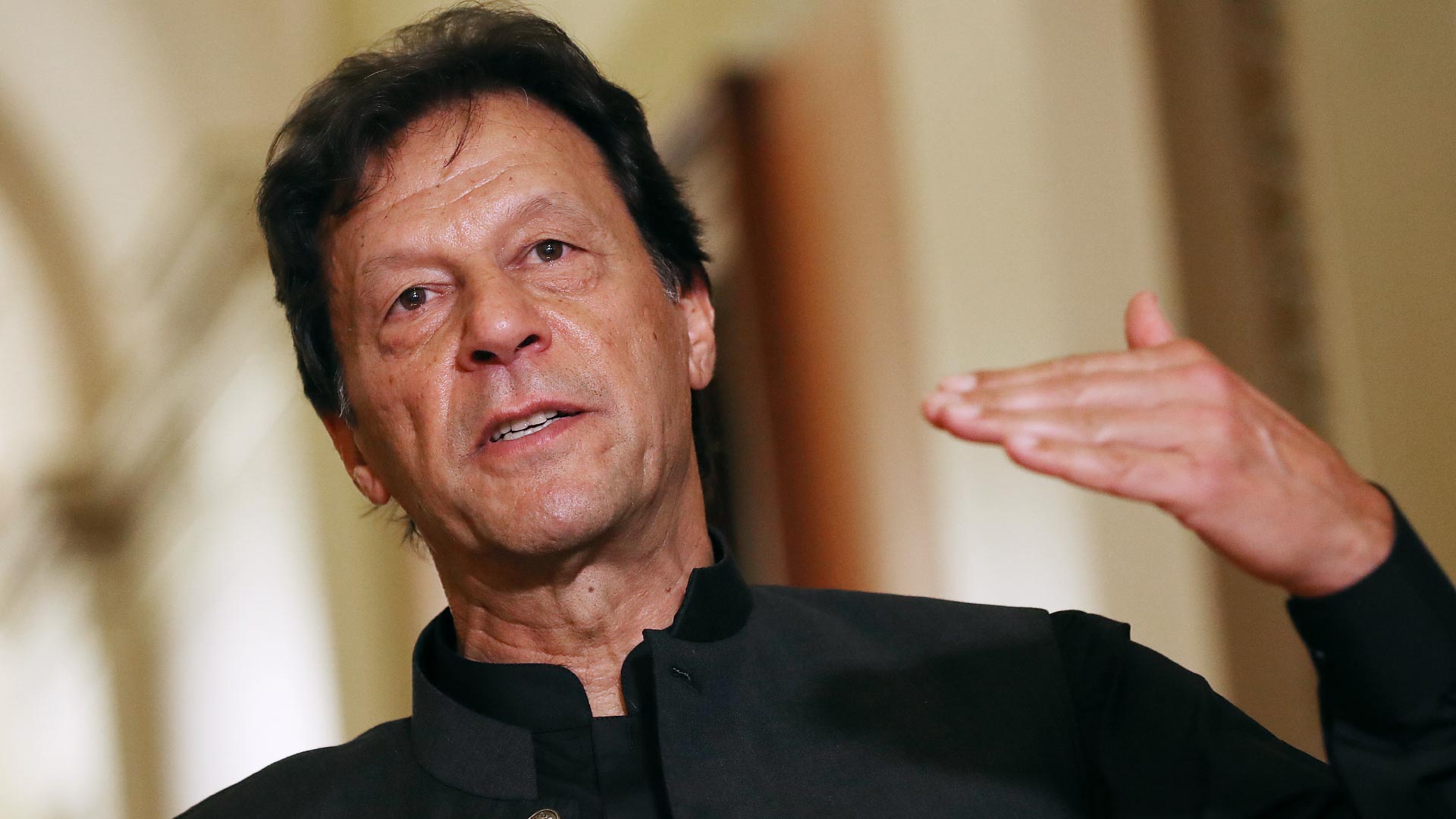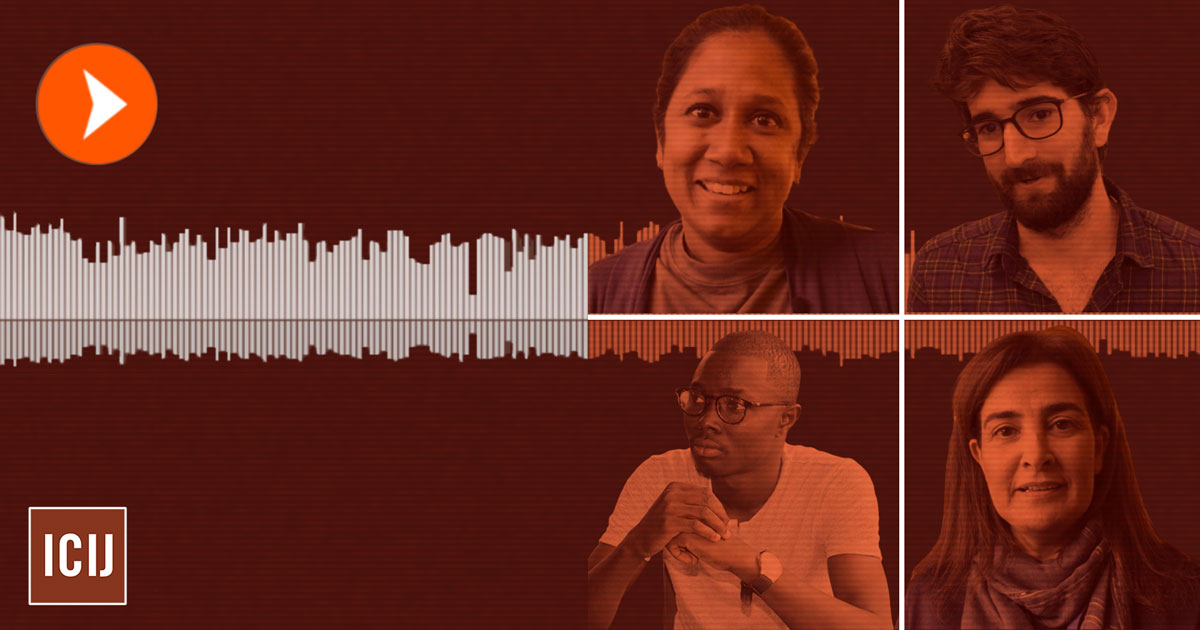Lawyers are using frivolous legal threats as a key tool to intimidate journalists investigating financial misconduct, according to a new report released by a British think tank today.
The “Unsafe for Scrutiny” report, released by the London-based Foreign Policy Centre, underscores the manifold threats facing journalists internationally who investigate financial misconduct. With responses from 63 journalists working in 43 countries, the survey found that the vast majority of respondents faced threats or harassment during the course of investigating corruption — with many reporters suffering significant impact on their ability to do their jobs.
The International Consortium of Investigative Journalists shared the FPC’s survey with its members, and journalists from ICIJ’s network, which spans more than 260 reporters in more than 100 countries, feature heavily in the report.
“Large-scale transnational investigations, like those conducted by ICIJ, have provided explosive insights into how political and business elites, as well as organised crime groups, all over the world get away with financial crime and corruption,” Susan Coughtrie, project director at the Foreign Policy Centre, told ICIJ in an email. “They do so in the face of considerable risk and threats, which has a chilling effect on their ability to continue to bring these crucial matters of public interest to light.”
The report found that legal threats are chief among the types of harassment facing journalists conducting financial investigations, and often seek to exploit a skewed balance of power between often-underfunded reporting enterprises and the legal might of attorneys hired by the world’s wealthiest people and corporations. Focusing on frivolous cases known as “strategic lawsuits against public participation,” or SLAPPs, the report asserts that such actions “can create a similar chilling effect on media freedom to more overt violence or attack.”
Australia, Canada and some U.S. states, the report notes, have enacted legislation to help deter such actions by imposing penalties on unsuccessful SLAPP litigants or encouraging the quick dismissal of such suits. The survey ranked the U.S. significantly lower than the U.K. and European Union member states as an origin country for legal threats. Other than respondents’ home countries, the U.K. was, by far, the most frequent country of origin for legal threats, FPC found.
Another issue with legal threats: They often take place in secret, the report notes. “Usually they are communicated through letters from lawyers marked ‘private and confidential’ and, if successful in achieving their aim, the public will never know,” according to the report.
Physical threats and online harassment are another grave concern the report highlights — and such threats affect journalists unevenly across the globe. While no journalists surveyed in North America reported physical threats, 60% of respondents working in sub-Saharan Africa, and 50% of respondents from North Africa and the Middle East region reported threats of physical attack.
Europe has become an unexpected trouble spot for journalists in recent years, with multiple governments clamping down on press freedoms and several high-profile journalist murders. In October 2017, Daphne Caruana Galizia, an investigative reporter who wrote about corruption in Malta, including stories related to the Panama Papers, was murdered by a car bomb that had been installed under her driver’s seat. Multiple arrests were made, including a businessman who featured in Caruana Galizia’s reporting and who police accused of masterminding the murder. The police investigation continues.
The report asserts that an assassination is often not a starting point for those seeking to silence reporters but instead a crime committed after a pattern of escalating threats, noting that Caruana Galizia had faced numerous legal threats and actions, and that her family is still fighting 25 lawsuits over her reporting.
“The impact is, of course, felt most acutely by the journalist,” the report states, “but the wider repercussions are also felt by society.”



